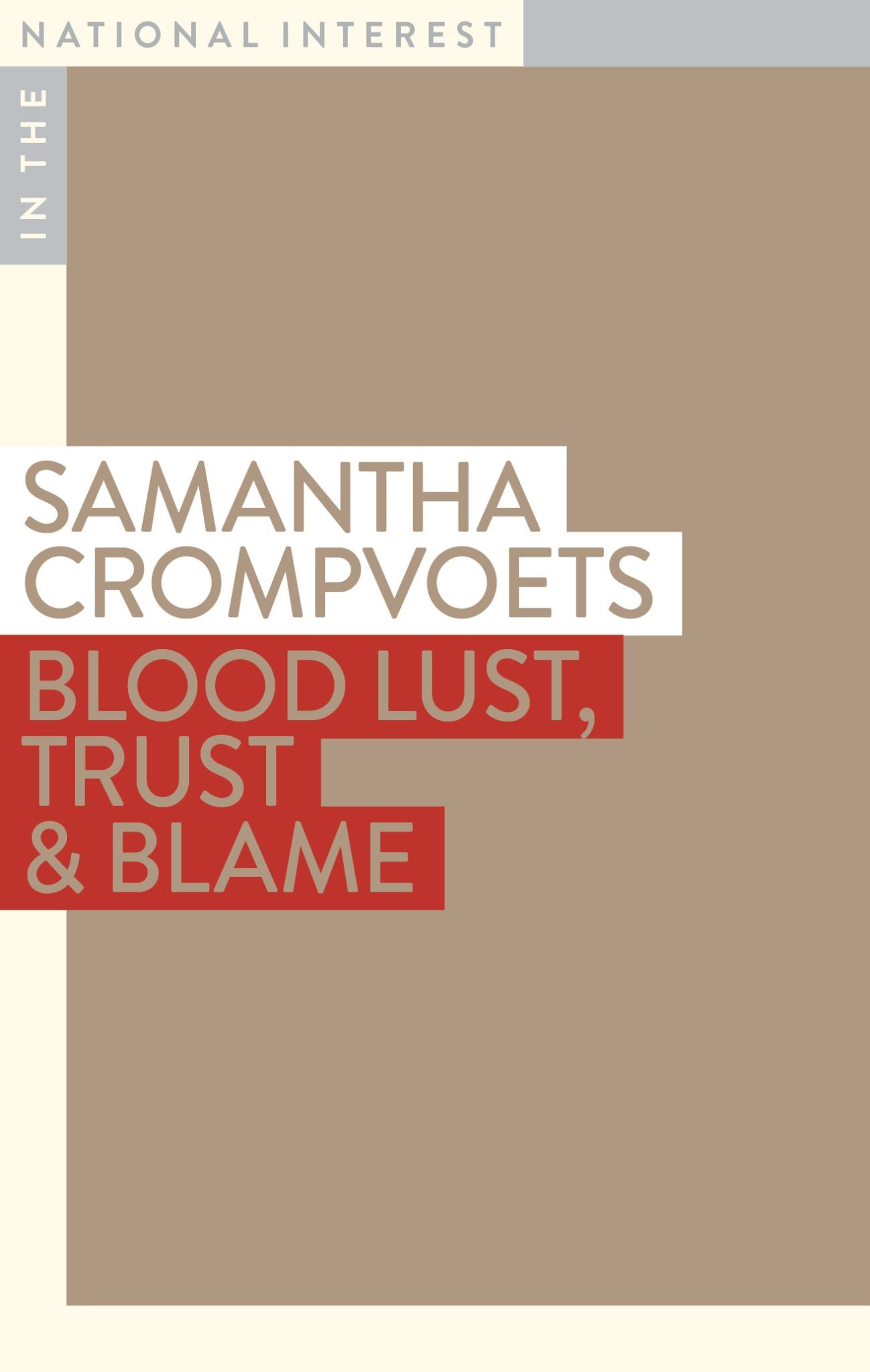Description
Note: Shipping for this item is free. Please allow up to 6 weeks for delivery. Once your order is placed, it cannot be cancelled..
Condition: BRAND NEW
ISBN: 9781922464613
Year: 2021
Publisher: Monash University Publishing
Description:
As Australia comes to grips with accusations that some of its elite soldiers committed war crimes in Afghanistan, a catchcry for certain commentators is that the fog of war™ explains, justifies and possibly excuses the alleged atrocities that have come to light. The term seeks to capture the uncertainty regarding one™s own capability, the adversary™s capability, and intent. However, the fog of war™ is woefully inadequate in explaining actions that were deliberate, targeted and repeated. Abuses of power and the normalisation of deviance are at the heart of the cultural issues™ that have long plagued the Australian Defence Force. In fact, this can be said of all institutions grappling with the same problems: histories of abuse and secrecy, sexual harassment, and problems of diversity and inclusion. It is always easiest to point a finger at a what™ rather than a who™, so culture™ features prominently in analyses of what went wrong regarding the alleged war crimes committed by Australia™s Special Operations Command. But does a focus on culture provide clarity or obscurity? Does it lead to or is it a barrier to accountability? How do you know when you™ve achieved cultural change? In Blood Lust, Trust & Blame, sociologist Samantha Crompvoets tells the story of what went wrong in the ADF. It is a chronicle of the consequences of pursuing the truth, the politics of accountability, and the cost of action.
Condition: BRAND NEW
ISBN: 9781922464613
Year: 2021
Publisher: Monash University Publishing
Description:
As Australia comes to grips with accusations that some of its elite soldiers committed war crimes in Afghanistan, a catchcry for certain commentators is that the fog of war™ explains, justifies and possibly excuses the alleged atrocities that have come to light. The term seeks to capture the uncertainty regarding one™s own capability, the adversary™s capability, and intent. However, the fog of war™ is woefully inadequate in explaining actions that were deliberate, targeted and repeated. Abuses of power and the normalisation of deviance are at the heart of the cultural issues™ that have long plagued the Australian Defence Force. In fact, this can be said of all institutions grappling with the same problems: histories of abuse and secrecy, sexual harassment, and problems of diversity and inclusion. It is always easiest to point a finger at a what™ rather than a who™, so culture™ features prominently in analyses of what went wrong regarding the alleged war crimes committed by Australia™s Special Operations Command. But does a focus on culture provide clarity or obscurity? Does it lead to or is it a barrier to accountability? How do you know when you™ve achieved cultural change? In Blood Lust, Trust & Blame, sociologist Samantha Crompvoets tells the story of what went wrong in the ADF. It is a chronicle of the consequences of pursuing the truth, the politics of accountability, and the cost of action.

